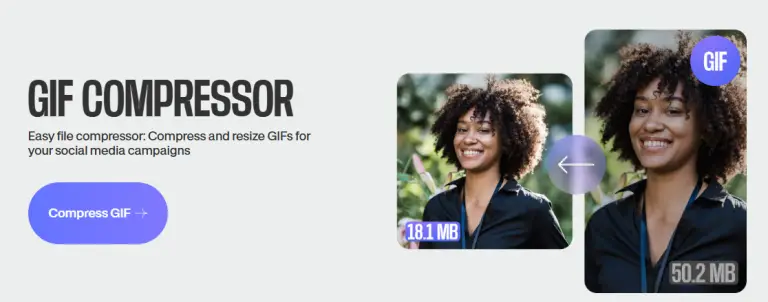
The European Commission has recently issued a preliminary ruling, concluding that Google has engaged in anti-competitive behavior by favoring its own services in shopping, hotel, and flight search results, thereby violating the EU’s antitrust regulations.
In its initial findings, the EU further asserted that Google’s parent company, Alphabet, has breached the Digital Markets Act (DMA) by violating anti-steering provisions, specifically by prohibiting developers from directing users to purchase goods and services outside the Google Play Store.
Before a final ruling is issued, Google has the right to challenge these preliminary allegations or implement additional compliance measures. Should the EU determine that Google has indeed violated the DMA, it has the authority to impose a fine of up to 10% of the company’s global annual revenue.
For context, if Alphabet reported a total revenue of $350 billion in 2024, the maximum fine could amount to $35 billion.
Scenario One:
Following its investigation, the European Commission has preliminarily determined that Alphabet violated the DMA by favoring its own services in Google Search results, thereby preventing other vendors and competitors from benefiting from fair ranking practices.
Scenario Two:
The European Commission also preliminarily found that Google unlawfully prohibited Google Play Store developers from steering users toward external purchasing options. If developers were allowed to direct users to external platforms, they could offer better pricing and discounts, meaning Google’s restrictions may have harmed consumer interests.
Henna Virkkunen, the EU Executive Vice President for Technology Sovereignty, Security, and Democracy, remarked that both of Google’s practices negatively impact numerous European and non-European businesses that rely on Google Search or Google Play to reach EU consumers. She emphasized that ensuring Google’s full compliance with the DMA is crucial to maintaining a level playing field where all digital service providers have fair opportunities for business and innovation.
However, Google has strongly opposed the EU’s preliminary ruling. Oliver Bethell, Google’s Senior Vice President for Competition Affairs, stated in a blog post that the European push for search reforms is misguided. He argued that if Google is prevented from directly displaying airline websites in search results, users might end up purchasing more expensive tickets, as airlines are forced to pay commissions to intermediary booking sites.
Regarding the Google Play investigation, Bethell suggested that the EU is forcing Google into an impossible trade-off between openness and security. He claimed that the EU’s stance effectively forces Google to choose between a closed ecosystem or exposing users to security risks.
Google’s reference to a “closed ecosystem” alludes to the security risks associated with sideloading apps from outside the Play Store. The company argues that an “open” model would compel it to allow potentially fraudulent or malicious links, leading users away from the secure Play Store environment.
Naturally, Google is expected to appeal, as it would be unlikely to let such a significant legal battle go uncontested. High-profile antitrust cases of this scale often drag on for years, meaning the final penalty the EU might impose on Google remains uncertain.


